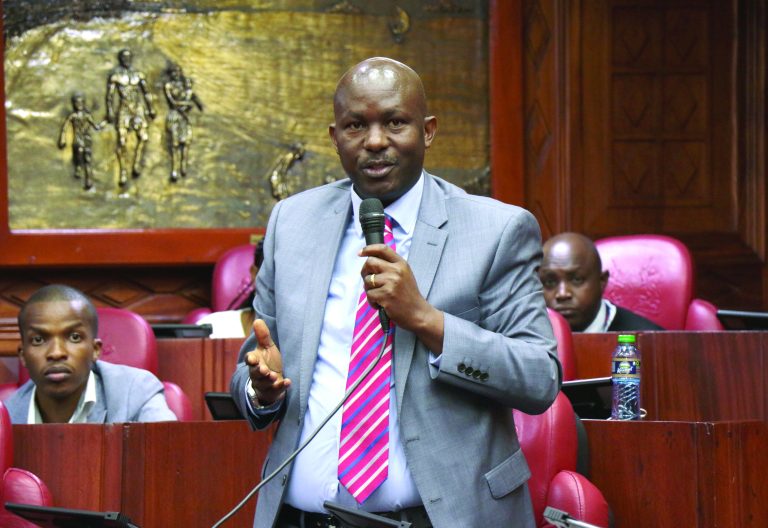Senators plot parallel constitutional changes

Senators have rejected the constitutional amendment initiative spearheaded by members of the National Assembly and are now crafting parallel proposals to alter the country’s supreme law.
The proposed Constitution of Kenya (Amendment) Bill seeks to embed the National Government Constituency Development Fund (NG-CDF), the National Government Affirmative Action Fund (NGAAF) and the Senate Oversight Fund (SOF) into the Constitution.
The move to amend the supreme law, follows the recommendation of the National Dialogue Committee (Nadco) chaired by Wiper leader Kalonzo Musyoka and National Assembly Majority leader Kimani Ichung’wah.
However, after a three-hour informal sitting, known as a Kamukunji, held on Thursday, senators dismissed the constitutional change initiative, claiming that the Members of the National Assembly hijacked the process to push their own interests, particularly the NG-CDF.
In response, senators have formed a special team led by the Senate Majority and Minority Leaders, along with top legal experts in the House, to craft their own amendments initiative.
The lawmakers have also picked senior counsels Tom Ojienda (Kisumu) and Okong’o Omogeni (Nyamira), as well as Nairobi Senator Edwin Sifuna and Bomet Senator Hillary Sigei, as part of the team.
“What we’ve seen happening in the name of public participation is MPs pushing for CDF. We’re being side-lined, and we reject that process,” said one of the senators who sought anonymity.
Key mandates
The senators want to strengthen the legislative authority of the Senate, a long-standing source of tension between the two Houses of Parliament.
In a show of commitment to institutional reform, senators declared they would be willing to drop the proposed SOF if that would help reinforce their constitutional mandate. Senate’s overall function is to protect the interests of the counties and their governments.
Senators have often decried how their Bills are struck down in the National Assembly on the grounds that they are “money bills.” They argue that MPs are using this provision to undermine their powers by rejecting or terminating Senate-backed proposals.
“They terminate your Bill and days later reintroduce the same content with a different sponsor,” a senator said.
A money Bill is a legislative proposal that primarily deals with financial matters such as taxation, public expenditure, or borrowing. Under the Constitution, the Senate is barred from considering money bills.
In addition to legislative frustrations, senators voiced concerns over alleged favouritism by the Joint Parliamentary Services and the Parliamentary Service Commission (PSC).
They claim the entities are biased toward the National Assembly, pointing to unequal allocation of budgets and logistical support, which they say hampers their ability to operate effectively.
Senators also demanded the PSC confirm the employment of several long-serving staff members, some of whom have remained on contract for over a decade.
Sources who attended the ‘Kamukunji’ said that they also resolved to apply for a review of a Supreme Court decision delivered in March, which upheld as constitutional 21 laws passed by the National Assembly without the input of Senate. The court rejected a Senate appeal that had challenged the constitutionality of 23 Acts passed solely by the National Assembly, upholding 21 of them.
The Senate, its Speaker, the Senate Majority Leader, and the Minority Leader had jointly filed the appeal, seeking an interpretation of Article 110(3) of the Constitution. The article requires the Speakers of both Houses to jointly determine whether a Bill concerns county governments.
“Since we cannot appeal a Supreme Court decision, we are instead applying for a review. We believe the ruling severely weakened the Senate’s legislative influence,” a senator explained.










